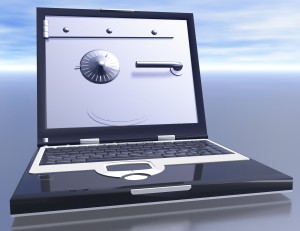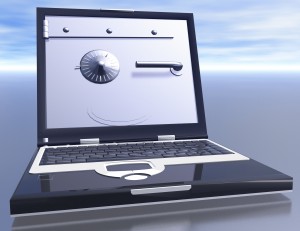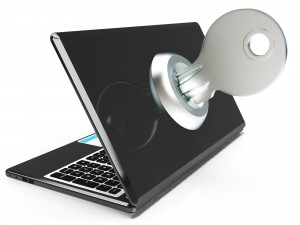- Posted March 28, 2015, 11:50 a.m. - 10 years, 3 months ago
Avoiding Malware Threats
Back in December, we wrote about the common malware threats that can attack PDF documents, especially the CVE-2014-0496 threat, classed as severe then and still a big threat now. Today, we want to address how to avoid malware from the start.
Prevention is the best cure
An old adage but very true – if you can prevent malware from even entering your device, then this will stop all of the problems that then come with tracing and removing it. The first thing we would recommend is installing a comprehensive antivirus program. There are many solutions out there, both free and paid-for, including the big names – Norton, AVG, Kaspersky, and also some lesser known that still do the job, such as Panda Free Antivirus and BitFender.
A good antivirus program will not only detect and prevent against viruses and malware, but will also flag suspicious websites and downloads to you before allowing you to access them. The option will still exist for you to go ahead and do so, but pre-warned is pre-armed, as they say!
You should also ensure you run regular scans on your computer, just in case something has slipped the net!
Be suspicious
If you spent a lot of your time on well-respected websites such as the BBC, Wikipedia and www.iceni.com for example, you should be safe, but that’s not always practical and even the most cautious of us have been onto websites that perhaps don’t have the security in place that they should. If you think something is wrong with a website – for example, they don’t have a security certificate but want to take personal details from you, then to be honest, it’s probably best to leave and look elsewhere, rather than take the risk and invite malware to your device for a party!
Don’t access open Wi-Fi connections
It’s great when you go to a coffee shop and they have Wi-Fi access, but be cautious about accessing it unless it’s properly password protected. Open Wi-Fi connections can be dangerous due to hackers requiring no authentication to access and maliciously unlease malware and viruses across the network, a free for all for anyone unlucky enough to then use the connection to innocently browse the web.
If you do access an open Wi-Fi connection, we would advise only using it for basic browsing – Wikipedia, the news and so on. Don’t access any websites that require your password or username, and especially not bank details or similar!
Password Protect!
Keep everything on your device password protected, and ensure your online accounts all have different passwords that are “strong” – by this, we mean with combinations of capital letters, numbers, and also not something really obvious to you, such as your birth date or house name. It’s not only anonymous hackers you have to be wary of when browsing the internet and it’s best to keep everything safe, secure and to yourself!
Operating System Updates
If your operating system needs an update, do it! Updates are there for a reason and usually to patch any holes found in code or security, so if you don’t address known vulnerabilities, hackers and malware will find it a lot easier to force their way in. Seeing that “Update and Shut Down” notification on your Start menu can be a pain but not as much of a pain as the hassle of identifying and removing malware (best case scenario) or worse, having to buy and install a whole new computer because yours is beyond repair, with all your data missing.
Latest Articles
-
Our latest testimonial for Infix 6
Dec. 19, 2016, 2:40 p.m. -
Most commonly translated Turkish words
Feb. 6, 2015, 9 a.m. -
Merry Christmas & A Happy New Year
Dec. 25, 2016, 8 a.m. -
New Save PDF to SVG feature introduced to Spire.Office
Dec. 23, 2016, 11:54 a.m. -
Editing educational PDFs – a user perspective
July 21, 2014, 8:03 a.m.





